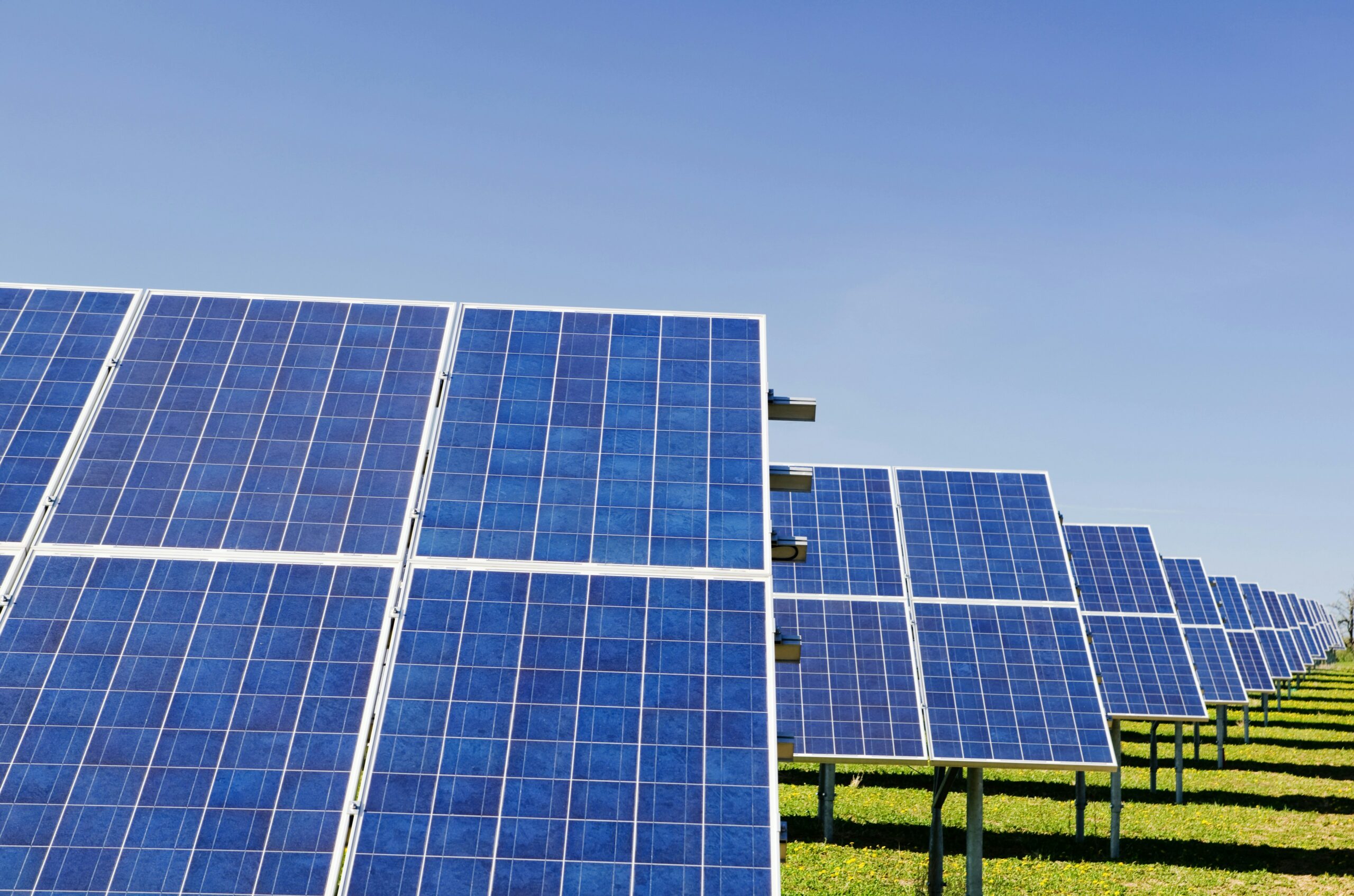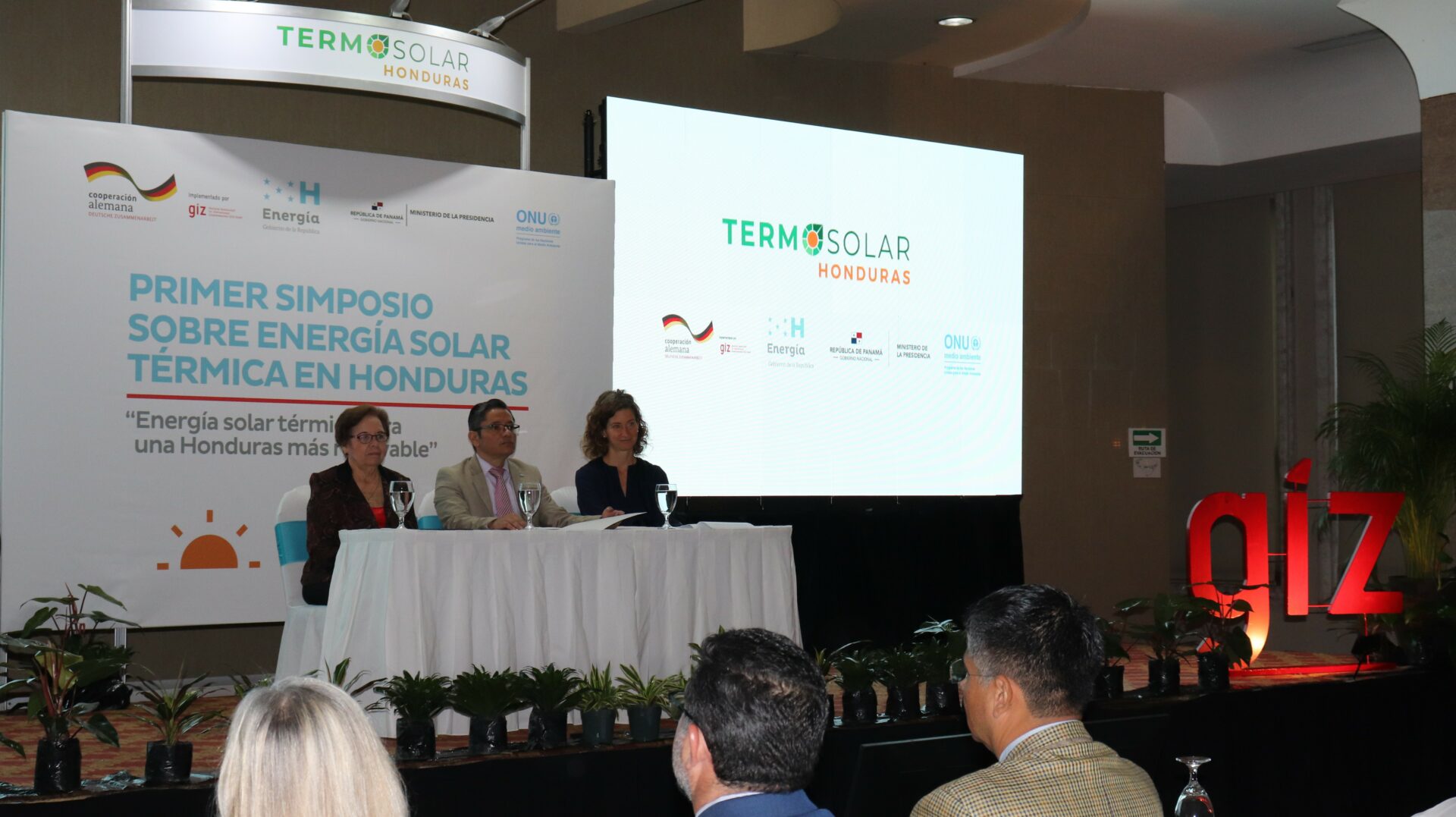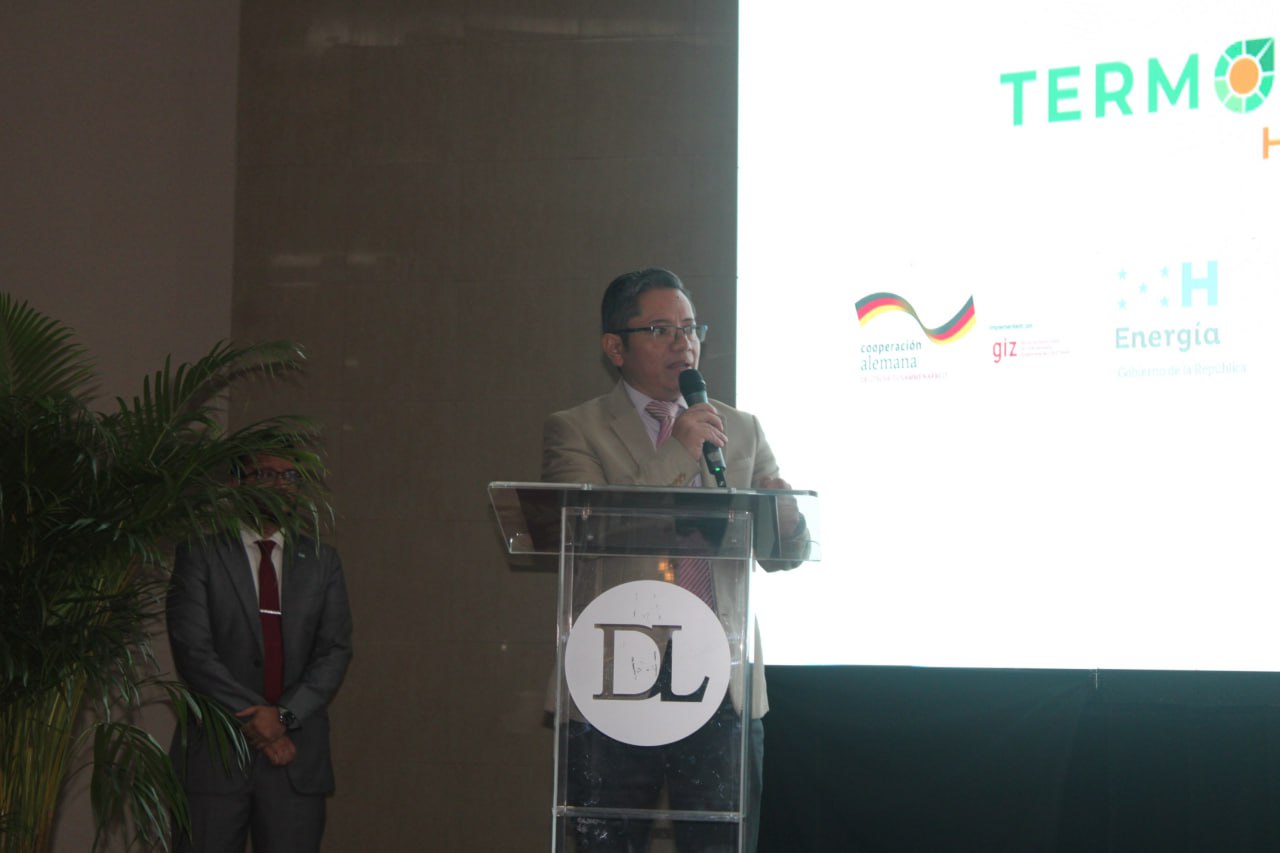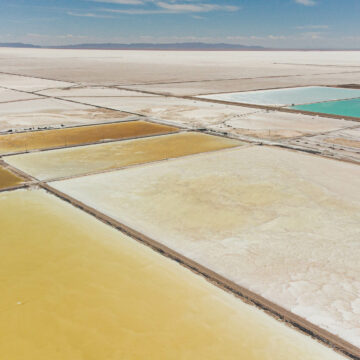Honduras makes progress on SDG 7 (Affordable and clean energy)
Solar thermal energy is a form of renewable energy that harnesses sunlight to generate heat.

The main use of solar thermal energy is the production of Domestic Hot Water (DHW) and heating for houses. One of its advantages is that it is 100% renewable, inexhaustible and free and that it does not release toxic or polluting substances (Baxi, 2024).
In the framework of their cooperation, Honduras and Panama identified the opportunity to implement a Triangular project to benefit from solar thermal technology to address the COVID-19 crisis in the hospital system of the former while helping MSMEs recover. Specifically, both countries decided to take advantage of Panama’s experience (first provider) in the development of an entire solar thermal energy market, supported by Germany’s cooperation (through GIZ) and the United Nations Environment Program (UNEP) as second providers.
This initiative began in 2021 and focused on improving the use and management of energy in the hospital system of Honduras and the MSMEs sector, optimizing energy consumption while reducing direct operating costs.

Based on the expertise of the Secretariat of National Energy of Panama and through UNEP’s Regional Office for Latin-America and the Caribbean, three lines of action were proposed. First, review and strengthen the regulatory framework for solar thermal technology in Honduras to promote its implementation. Second, once this was done, provide training for the design and installation of water heating projects. Third, reinforce energy security in the hospital system by preparing studies to identify potential energy savings and develop pilot projects in emblematic hospitals and in the industrial sector (Project’s document, 2020).
In this context, the Secretary of Health of Honduras (SeSal in Spanish) selected six hospitals for the installation of solar collectors to meet the demand of hot water for sanitary use by patients in certain prioritized wards (Energía Estratégica, 2022). Additionally, four small companies dedicated to honey production and milk collection were selected as beneficiary MSMEs, thus also having an impact on families in the western and central areas of the country.

GIZ and UNDP, in turn, contributed to design, equipment acquisition and to the installation of the systems in hospitals, reducing costs, optimizing processes and providing greater comfort to patients (Energía Estratégica, 2022).
In September 2023, GIZ and the General Directorate of Renewable Energy and Energy Efficiency (DGEREE by its Spanish acronym) of SeSal organized the First Symposium on Solar Thermal Energy in which researchers, entrepreneurs, investors and the general public participated to learn about the project’s progress and debate on alternative energy sources that have a lower impact on environmental pollution (SeSal, 2023).
This Triangular Cooperation contributed to the alignment of Honduras’ and Panama’s cooperation with SDG 7 (Affordable and clean energy), SDG 8 (Decent work and economic growth) and SDG 13 (Climate action).
December 2024
***
Source: SEGIB based on Agencies and Directorates-General for Cooperation, Baxi (2024), Energía Estratégica (2022) and SeSal (2023).
Photos: Zbynek Burival in Unsplash and Secretaría de Energía de Honduras (2023).

